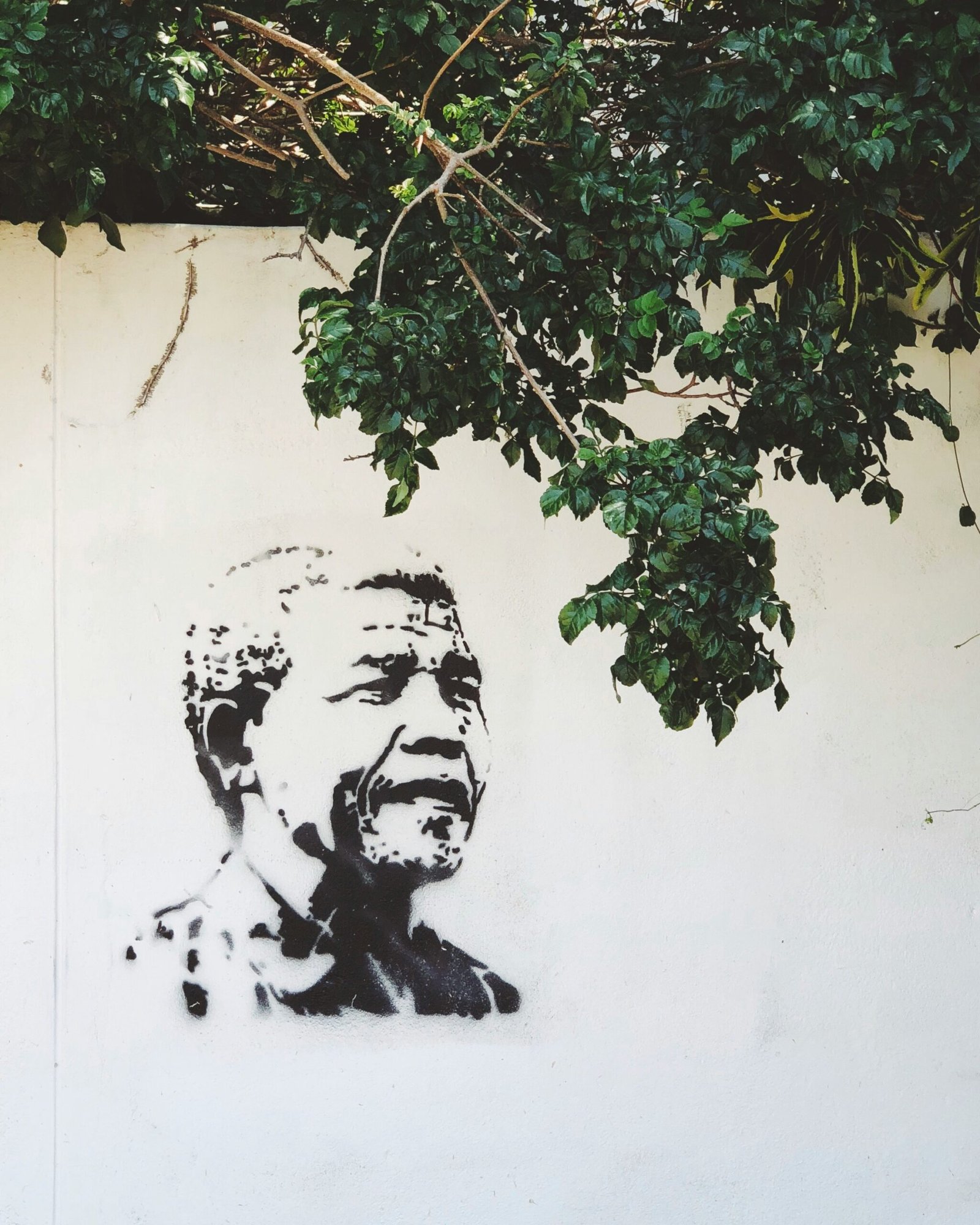Background and Legal Context
Julian Assange, the founder of WikiLeaks, has been embroiled in a complex legal battle spanning over a decade, rooted in his publication of classified United States documents. WikiLeaks, an organization dedicated to releasing confidential information, rose to international prominence in 2010 when it released a trove of US military and diplomatic cables. This disclosure drew sharp condemnation from US authorities, who argue that the revelations endangered lives and national security.
Assange’s legal troubles began in earnest in December 2010 when he was arrested in the United Kingdom on a Swedish warrant related to allegations of sexual misconduct. Although these charges were later dropped, Assange’s fear of extradition to the United States prompted him to seek asylum in the Ecuadorian Embassy in London in 2012. He remained there for nearly seven years, during which the US unsealed an indictment against him, charging him with conspiracy to commit computer intrusion alongside additional counts under the Espionage Act.
In April 2019, Assange was forcibly removed from the Ecuadorian Embassy after Ecuador withdrew his asylum status. Subsequently, he was arrested by UK authorities and has since been held at Belmarsh Prison. The US government formally requested his extradition, leading to a series of legal proceedings in the UK. Assange’s defense team has consistently argued against extradition, citing concerns over press freedom, human rights, and his mental health. They contend that Assange’s role as a journalist and publisher should protect him under freedom of the press principles, and that extradition would set a dangerous precedent for media operations worldwide.
Furthermore, Assange’s defense has highlighted the potential impacts on his mental health, presenting evidence that his extradition could exacerbate existing health issues, including severe depression and the risk of suicide. The UK court’s rulings have evolved over time; while initially blocking his extradition in January 2021 due to mental health concerns, subsequent appeals have navigated complex legal and humanitarian arguments. The recent decision to allow Assange to appeal his extradition marks another significant chapter in this ongoing legal saga, reflecting ongoing debates over the intersection of national security and press freedom.
The UK court’s decision to permit Julian Assange to appeal his extradition to the United States carries significant implications, both legally and politically. Assange’s legal team is expected to employ a multifaceted strategy during the appeal process. Central to their arguments will likely be the contention that Assange’s prosecution under the Espionage Act poses a grave threat to press freedom. They may also argue that the physical and mental health risks associated with extradition to the US prison system are too severe, citing previous judgments that have raised concerns about his wellbeing.
On the other hand, US prosecutors are anticipated to focus on the alleged criminal activities that led to the charges against Assange. They will likely argue that his actions went beyond the scope of journalistic activity and constituted a breach of national security. The US government may also emphasize the legal precedent and bilateral agreements that support their extradition request, aiming to counter the narrative that Assange’s case is purely a matter of press freedom.
The ruling has sparked varied international reactions. Human rights organizations, including Amnesty International, have lauded the decision, underscoring the importance of safeguarding journalistic practices and whistleblower protections. Several journalists and media outlets have echoed these sentiments, highlighting the potential chilling effect on investigative journalism should Assange be extradited and prosecuted. Conversely, some political figures, particularly those concerned with national security, have expressed support for the US extradition request, stressing the need to uphold laws against unauthorized disclosures of classified information.
Geopolitically, the case could set a precedent for how extradition requests involving charges related to publishing classified information are handled. This could influence future cases and international relations, especially between countries that prioritize national security and those that emphasize human rights and press freedom. The broader implications for whistleblowers and journalists worldwide are profound, as the outcome may either embolden or deter future disclosures of governmental misconduct.












+ There are no comments
Add yours